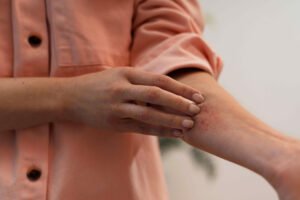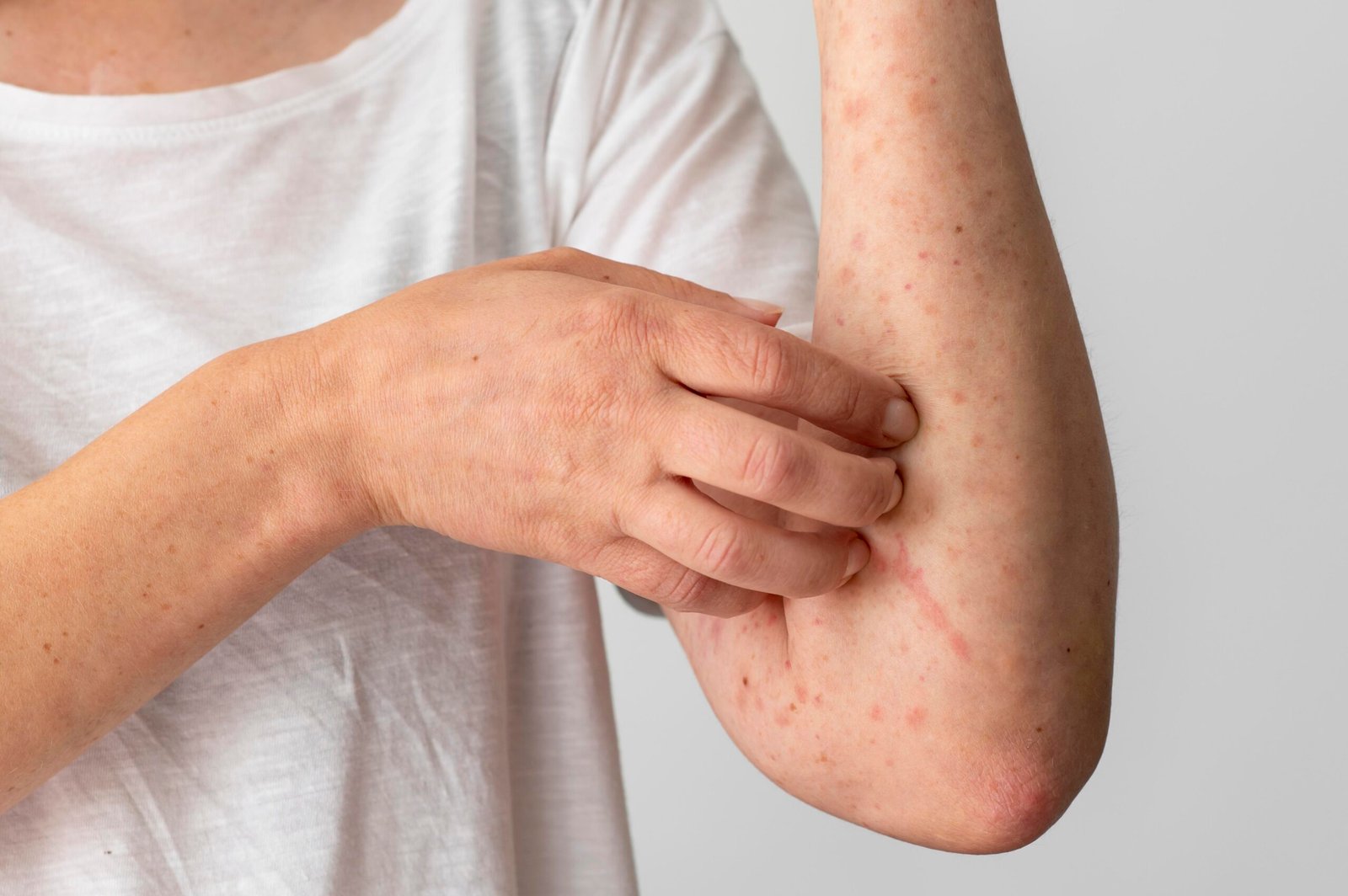In recent years, the demand for tattoo removal has surged, driven by various personal and professional reasons. Whether it’s a change in personal taste, lifestyle adjustments, or professional considerations, many individuals are choosing to part ways with their ink. However, the aftercare process can be just as important as the removal itself. One of the most common side effects experienced during tattoo removal is itching. Understanding and managing post-treatment itching can make a significant difference in your overall experience and recovery.
Common Side Effects of Tattoo Removal

Tattoo removal, especially through methods like laser treatments, often comes with a range of side effects. These can include redness, swelling, blisters, and, most notably, itching. While itching is a common part of the healing process, post-treatment itching can differ in intensity and duration.
Laser treatments work by breaking down the ink particles in the skin, which are then naturally flushed out by the body. This process can cause the skin to react, leading to itching. It’s important to differentiate between normal healing-related itching and more severe itching that might require additional care.
Causes of Post-Treatment Itching

Post-treatment itching can be attributed to several factors. The laser’s heat can cause an inflammatory response in the skin, leading to temporary itching. Additionally, the body’s natural healing process involves the regeneration of new skin cells, which can cause the skin to feel itchy. Understanding these causes can help you better manage the itching and ensure a smoother recovery.
Managing Post-Treatment Itching
Managing post-treatment itching is crucial for a comfortable recovery. Here are some effective strategies:
At-Home Remedies
Applying a cold compress or aloe vera gel can soothe the skin and reduce itching. Over-the-counter hydrocortisone creams can also provide relief. Remember to keep the treated area clean and moisturized to prevent further irritation.
Lifestyle Adjustments
Avoid scratching the treated area, as it can lead to infection and prolonged healing. Wearing loose clothing can also help reduce friction and irritation. Staying hydrated and maintaining a healthy diet can support the skin’s healing process.
Proper Skincare
Using gentle, fragrance-free skincare products can minimize irritation. Avoid using harsh soaps or exfoliants on the treated area. Consider using a mild, hypoallergenic moisturizer to keep the skin hydrated and reduce itching.
When to Seek Medical Advice

While mild itching is normal, there are instances when you should seek medical advice. If the itching is severe, persistent, or accompanied by other symptoms like excessive redness, swelling, or discharge, it’s important to consult a healthcare professional. They can assess the situation and provide appropriate treatment to prevent complications.
Insights from Professionals
Dermatologists and skincare experts emphasize the importance of proper post-treatment care. They recommend following the aftercare instructions provided by your tattoo removal specialist and seeking medical advice if you experience any concerning symptoms. Staying informed and proactive can help you manage itching effectively and ensure a smooth recovery.
Personal Stories and Testimonials

Case Study: A 28-Year-Old Woman’s Journey
A 28-year-old woman underwent laser tattoo removal and experienced severe itching two days post-treatment. She tried various remedies, including cold compresses and hydrocortisone cream, but found relief only after consulting her dermatologist. With a combination of prescribed medication and lifestyle adjustments, she managed to control the itching within a week.
Personal Story: A Man’s Professional Decision
A man in his late 30s sought tattoo removal for professional reasons. He wasn’t prepared for the intense itching that followed his treatment. However, by staying informed and following expert advice, he successfully managed the itching and achieved the desired results.
Testimonial from a 25-Year-Old Subscriber
A 25-year-old individual experienced minimal itching after their first tattoo removal session. Their proactive approach to skincare and the support from their clinic played a significant role in minimizing discomfort. They emphasize the importance of proper preparation and aftercare.
Conclusion
Informed post-treatment care is essential for a smooth and comfortable recovery from tattoo removal. Understanding the causes of itching, employing effective management strategies, and knowing when to seek medical advice can make all the difference. By staying proactive and following expert recommendations, you can achieve the best possible results from your tattoo removal experience.
Final Thoughts
Have you experienced post-treatment itching? Share your stories and tips in the comments below. For more in-depth content and personalized advice, subscribe to our newsletter or book a consultation with our experts. Your smooth and comfortable recovery awaits!

